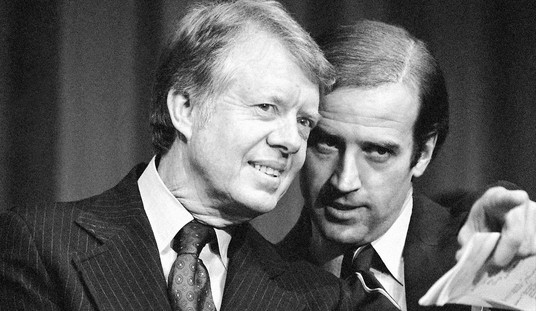
That’s the question Dexter Filkins asks in The New Yorker:
For starters, the U.S. can help the one group that is trying hardest to resist ISIS: the Kurds. The Kurds, who occupy a large swath of northeastern Iraq, now stand face to face with ISIS across a six-hundred-mile frontier. The Kurds are among America’s best friends in the Middle East; they are pro-Western, largely secular, and largely democratic. Since 1991, when Saddam Hussein’s latest attempt to launch a genocidal campaign against them was thwarted by the United States, the Kurds have more or less governed themselves. During the American war, from 2003 to 2011, not a single American soldier was killed in the Kurdish region. The Kurds regard themselves as culturally and linguistically apart from the Arabs—Sunni and Shia—who inhabit the rest of Iraq. These days, fewer and fewer Kurds even know how to speak Arabic.
And that’s the problem, at least according to the United States. Since 2003, American policy toward Kurdistan has been “one Iraq.” That is, no matter how friendly the Kurds are, no matter how pro-Western, American policy has been to keep Iraq together. That means: don’t do anything that helps the Kurds too much, lest they break away from Iraq and declare independence, which is most what most Kurds want.
President Bush was wrong not to make Independent Kurdistan the price for Turkey’s intransigence in earl 2003. President Obama was wrong to turn his back on Iraq eight years later. The result is a Kurdistan too weak to protect itself inside an Iraq being torn apart by an al Qaeda derivative with regional — global? — ambitions.










Join the conversation as a VIP Member